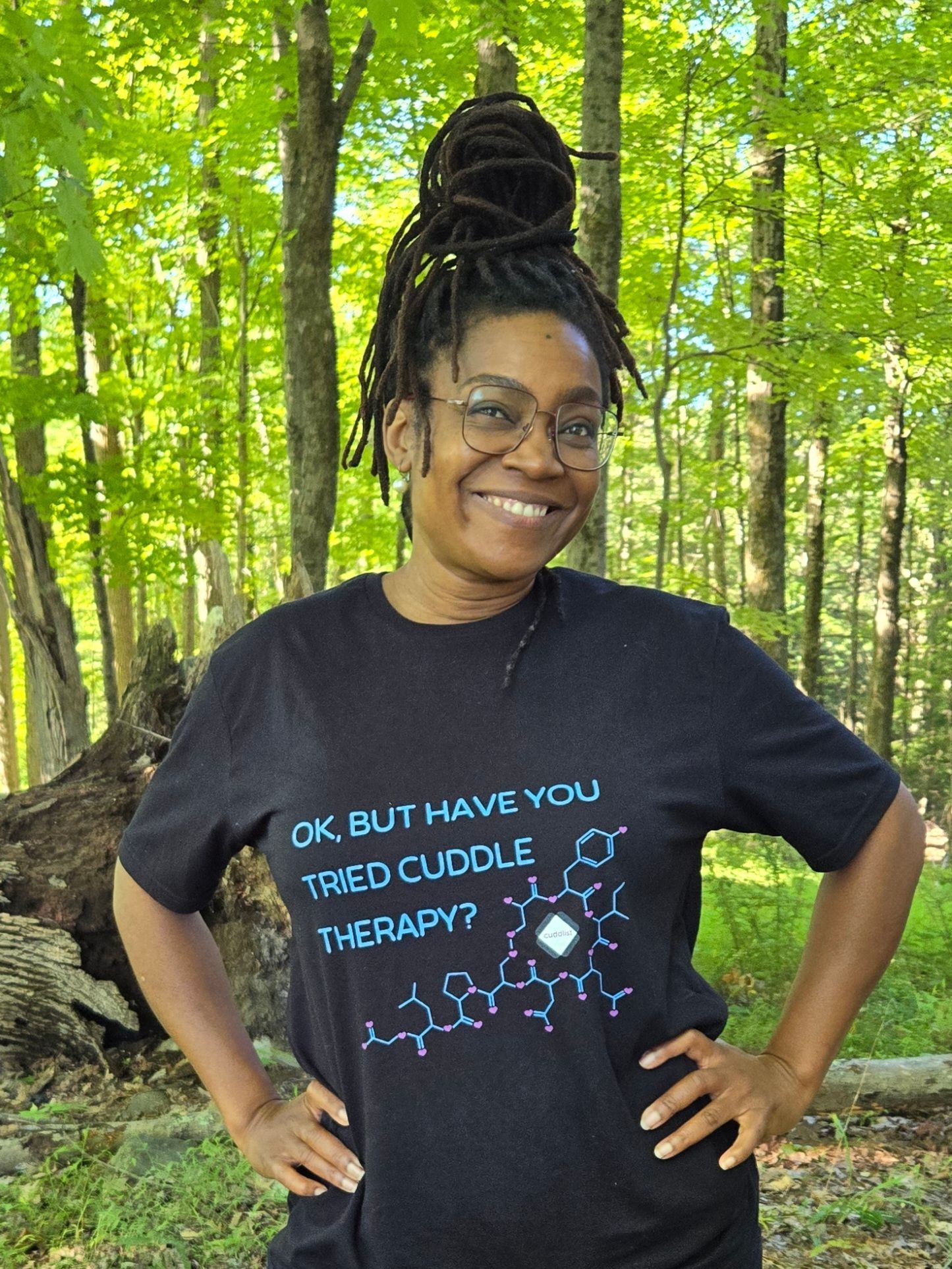Unfinished Business
Chinello Ifebigh
With whom or in what aspect of your life do you have unfinished business? Why?
An unfinished business is an incomplete circle, recognizable by it’s one outstanding characteristic: the lack of (a sense of) closure; the absence of culmination. An unfinished business is an absence of answers; a missing piece of one’s soul or property or story.
Having unfinished business with a person or a situation means that we have an energetic attachment to an old relationship, an unfulfilled promise or an unresolved issue.
Unfinished business fills one with tension and a profound restlessness. It is an emotionally charged state of perpetual transition: a journey without destination. An unfinished business is like a black hole. It eats energy and drains you.
You know you have unfinished business with something or someone when you experience one or more of the following:
Having unfinished business with a person or a situation means that we have an energetic attachment to an old relationship, an unfulfilled promise or an unresolved issue.
Unfinished business fills one with tension and a profound restlessness. It is an emotionally charged state of perpetual transition: a journey without destination. An unfinished business is like a black hole. It eats energy and drains you.
You know you have unfinished business with something or someone when you experience one or more of the following:
- Inconsolable grief
- Regret
- Inability to move on
- A constant sense of “If only”
- A reluctance to explore the subject
- A (mental) obsession with the subject
- An unmet need
One can attempt to resolve unfinished business by actively exploring the past and by confronting the person(s) involved in one's unfinished business. The outcome of this method is uncertain: what counts for you as unfinished business may not hold true for the other person. Very rarely can other people provide us with the validation or answers we so desperately seek.
It is rarely possible to resolve an unfinished business solely with the source of the situation.
Often the resolution of an unmet need or validation is no longer technically or geographically possible when a person is involved. This means that one has to resolve the unfinished business by alternate means of closure such as rituals, conversational sessions, empty-chair dialogue or systemic work.
Whatever means is employed, the goal is always the same: finding and experiencing a sense of closure. The good news is that closure, also known as acceptance and peace of mind, can be achieved from alternate sources other than the original cause of the unfinished business.
As humans, we are innately capable of giving ourselves the validation and redemption necessary to complete the cycle and finish an unfinished business.












